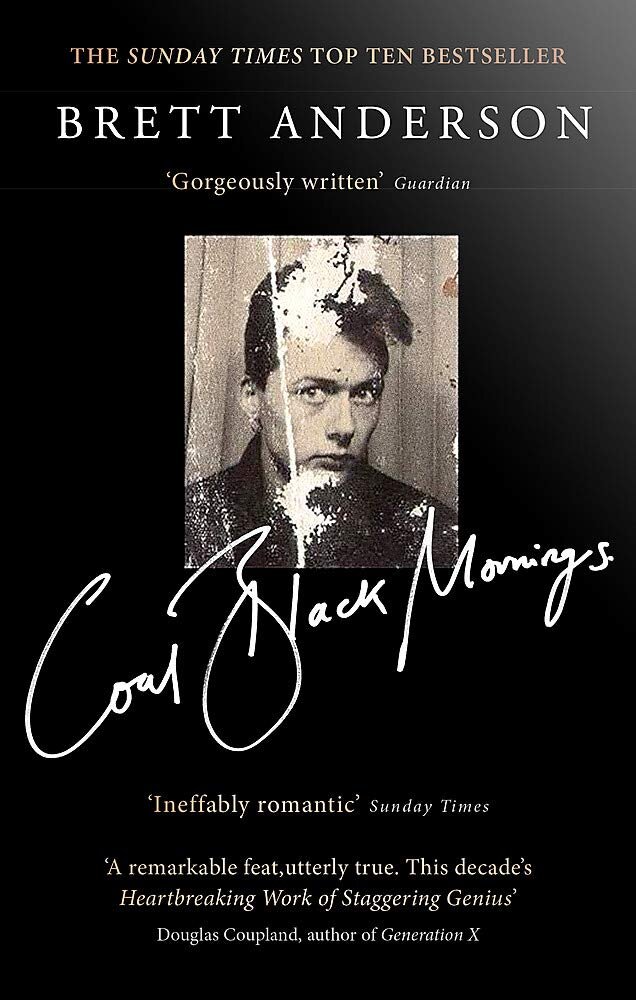On Writing has been on my reading list for a few years now. For me, Stephen King’s allure stems from a slew of film adaptations I gorged on as a teen including Carrie, IT and Needful Things. And who remembers that Castle Rock Entertainment logo at the beginning of many of them into the Nineties? It definitely had me reaching for the nearest atlas (this was pre-Internet, can you imagine).
Maine was a fascinating place. Spooky, weird … all was not quite as it seemed. A far cry from Brighton seaside where I grew up. But back to the books… I did read one or two of them, I promise. Not quite the texts my English teacher was suggesting but there’s only so much JD Salinger and Graham Greene a young boy can absorb. King’s gift has always been his ability to spark the imagination with a sweet kernel of an idea, often a dark and suspenseful premise, and teleport the reader into that world.
On Writing takes an interesting approach to the subject matter. Part memoir, part handbook, we get a real sense of Steve the person and Stephen the author being formed in tandem. A few revelations along the way too, including his struggles with addiction. It all makes sense now, if you think about it. I mean, some of those ideas were quite out there. You can only find them on the edge. But King would dispute that. As he writes in the book: “Substance-abusing writers are just substance abusers – common garden-variety drunks and druggies, in other words.”
Anyway, I thought I would share some of my favourite bits of advice from On Writing. You will have your own so make sure you get a copy. It’s one to go back to again and again.
1. “THE ROAD TO HELL IS PAVED WITH ADVERBS.”
This is a contentious one. Some people think that adverbs and adjectives are tools to harness to add description and colour. King says they are a sign of fear, that the writer is afraid he/she is not getting the point across clearly enough. I would say use them sparingly. The bestselling author has his gripes but he is not a pedant. He knows what is most important. Avoid muddying clarity with poor spelling and grammar, of course. However, "The object of fiction isn't grammatical correctness but to make the reader welcome and then tell a story."
2. THE KEY TO GOOD DESCRIPTION BEGINS WITH CLEAR SEEING AND ENDS WITH CLEAR WRITING, THE KIND OF WRITING THAT EMPLOYS FRESH IMAGES AND SIMPLE VOCABULARY.”
In other words, avoid cliches. King loves the hardboiled detective fiction of the Forties and Fifties. Master exponents such as Raymond Chandler, Dashiell Hammett and Ross MacDonald. Two brilliant examples he gives are: “ It was darker than a carload of assholes (George V Higgins) and “I lit a cigarette [that] tasted like a plumber’s handkerchief” (Chandler). Have fun with it.
3. MAKE YOUR DIALOGUE “TRUE TO LIFE”, NOT ONLY TO “A CERTAIN WAY OF LIFE”.
Writing good dialogue is art as well as craft, we’re told. In the book, King includes an extract from Elmore Leonard’s Be Cool and praises the author for his “street poetry”. The ability to make their talk so real that the reader feels they are eavesdropping on an important conversation. Through a seemingly inconsequential exchange, Leonard skilfully introduces Chili and Tommy as players and possibly phonies. But he’s smart enough to not give the game away in a shot.
4. “THE MOST IMPORTANT THINGS ARE THE HARDEST THINGS TO SAY.”
This is a really fascinating point. We think of words as being the tools of expression. A means to convey how we feel. But they can also “diminish your feelings” as King explains. He is making the distinction between what is said and what is meant. As the philosopher Confucius wrote, “Words cannot express all words.” Or as WH Auden put it, “One notices, if one will trust one's eyes, the shadow cast by language upon truth.”
So choose your words carefully, dig for them, use your instinct if you must, but don’t become too attached to any particular ones you find.
5. “YOU CAN’T AIM A BOOK LIKE A CRUISE MISSILE.”
An obvious one but impossible to overstate. Share your world, your life experience, in your own way. “One cannot imitate a writer’s approach to a particular genre, no matter how simple what the writer is doing may seem,” says King. “People who decide to make a fortune writing like John Grisham or Tom Clancy [two other film adaptation favourites] produce nothing but pale imitations, by and large, because vocabulary is not the same thing as feeling and plot is light years from the truth as it is understood by the mind and the heart.”





